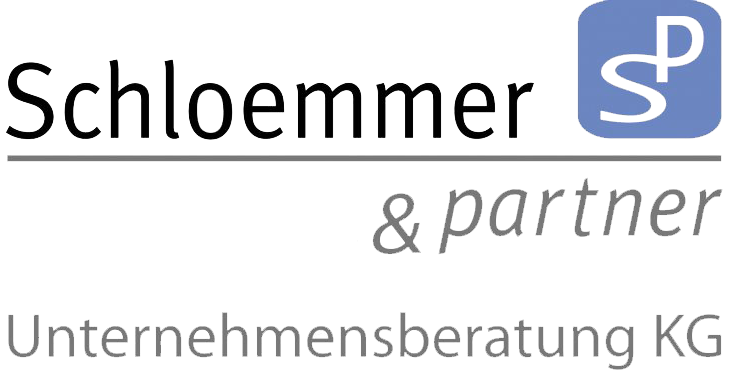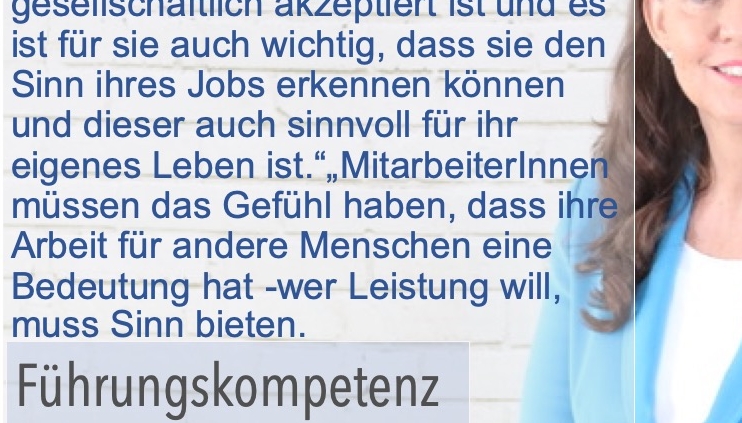Generation Z doesn’t need a midlife crisis to ask itself the question of meaning
It is the battle for the brightest minds that keeps HR managers and the recruitment industry on the move. Attractive advertisements, good starting salaries and a professional candidate journey are no longer enough to attract new employees. After a successful recruiting process – partly online – investments are made and yet new employees leave the company within a short period of time – which is also associated with high costs. A quick solution is complex and requires far-reaching changes – generation management, purpose and new work are the associated buzzwords.
Karl Kraus once wrote that “the future would have been much better in the past”. In the past, a solid salary and secure employment were enough to ensure the corresponding influx of young employees as an attractive employer. But the new generation in the workplace ticks differently and only those who can adapt will be successful.
So what is so special about the new arrivals in the workplace – Generation Z? “There is a clear shift in values in the workplace,” says Sonja Schloemmer, executive coach and CEO of Schloemmer&Partner: “Potential employees are looking for a job whose objectives are socially accepted. And it is also important for them that they can recognize the meaning of their job and that it is also meaningful for their own lives.”
What is the new generation longing for in the labor market? The requirement is actually quite simple. She wants to harmonize life and work. But not sequentially, but integrated. Ideally, this would be a lifestyle in which work is an important, meaningful and fulfilling part. So far so good – but what does this require of the employer? The professional activity must therefore make sense. A sense of purpose has now become a significant factor in the labor market. The need for meaning in or through work is increasing. A worldwide study by LinkedIn, the Global Purpose Index, shows that around 37 percent of employees networked on LinkedIn worldwide were “purpose-oriented”. They see meaning as their primary source of motivation in their job – in contrast to people who primarily strive for income or social status and advancement in their work.
Generation Z wants to enjoy their lives here and now. Nevertheless, they mainly work because they enjoy what they do. The company can create the conditions for work to be seen as a vocation and for flow experiences to occur – i.e. neither over- nor under-challenging. There should be scope for creativity and employees want to use their talents – to be able to show what they can do. Young employees experience division of labor as demotivating, they want to complete a certain task from start to finish and are interested in their own development.”
“Employees need to feel that their work has meaning for other people,” says Sonja Schloemmer. “Current studies show that employees who perceive their work as meaningful and achieve good things perform better than others. Meaningful work therefore leads to better work. And vice versa – if you want performance, you have to offer meaning.”
Companies must therefore communicate the meaning of their work to their employees. Purpose is an essential basis for motivation and young managers should recognize this in our leadership workshops, recommends Sonja Schloemmer. Because only those who understand the meaning behind a task and identify with it can and will be fully committed.
Schloemmer himself leads workshops in well-known Austrian companies. In her view, pure leadership training falls short: “Modern leadership tools can be trained and attitudes can be reflected upon. But personality traits such as the ability to trust, empathy, reflectiveness, emotional stability and openness are also required.
Sonja Schloemmer MBA, MAES
An expert in leadership and HR tools, she has been advising numerous well-known companies in Austria and Germany since 2003. As a former network partner of the Neuwaldegg consulting group and top executive coach, she works with board members, managing directors and top executives based on the findings of neurobiology. Her practical approach is based on years of experience in HR management in a corporate group and in productivity optimization. As a sponsor of the Viktor Frankl Museum, her mission is to make work meaningful again for people in companies.































































